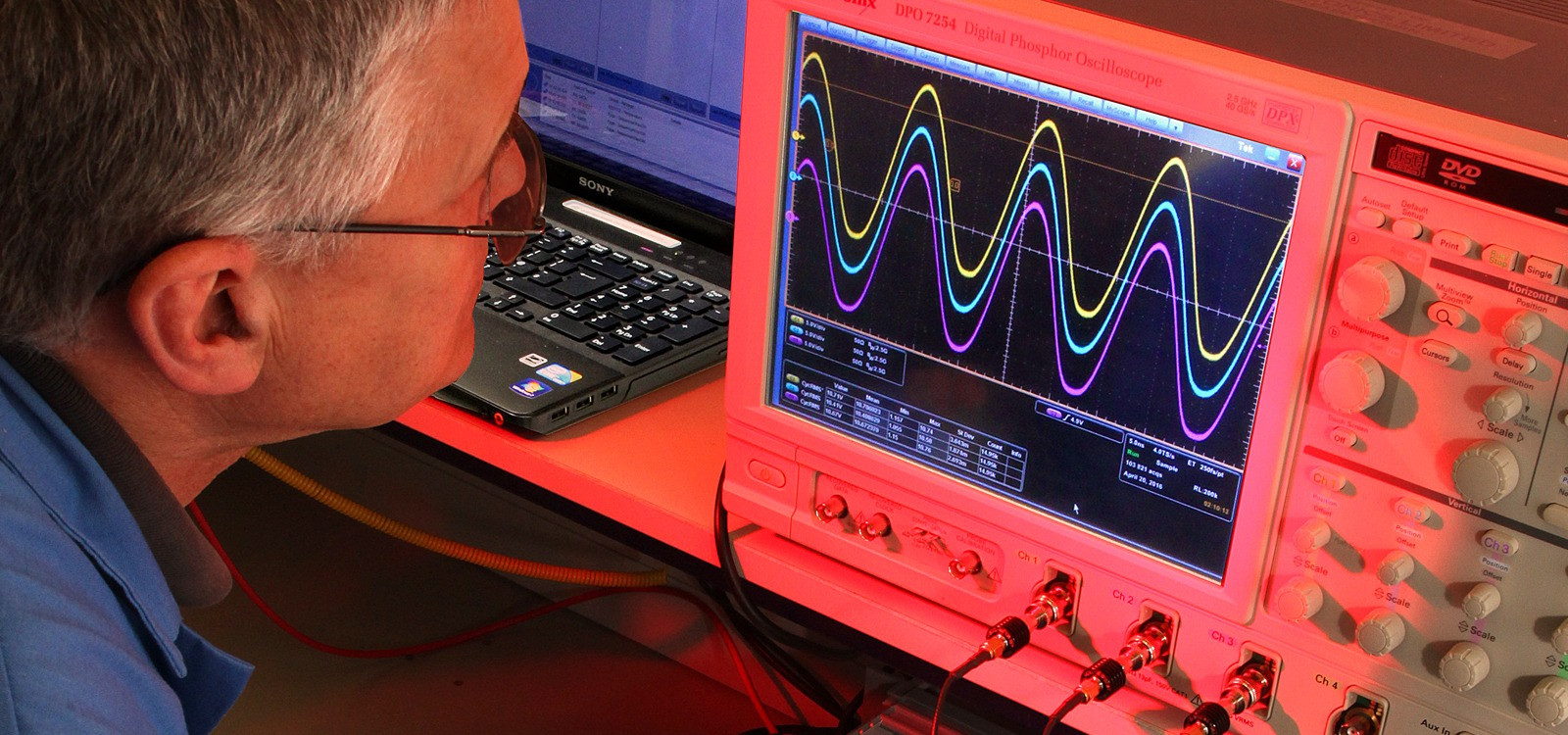
Electronics Design Support
Electronics Design Support is a defining value-add from your Electronics Manufacturing Services (EMS) partner and for TechPoint, it’s a key differentiator helping our customers accelerate product development, bridge concept and manufacturability, improve performance and reliability, reduce time-to-market and cost as well as fostering innovation through partnership. TechPoint's Electronics Design Support encompasses the range of services shown below:

Board Layout

Board Layout
Designing a circuit board layout is a crucial step in electronics development, ensuring that components are arranged efficiently for performance and manufacturability. Our service would typically involve the following steps:
PCB Design - using Altium Designer
Component Placement – arranging components logically to minimise signal interference
Routing Traces – connecting components using copper traces while following design rules
Power & Ground Planes – ensuring stable power distribution and signal integrity
Design Rule Check (DRC) – validating the layout for errors before manufacturing

Design for Excellence (DFX)

Design for Excellence (DFX)
DFX is a strategic approach to product development that optimises various aspects of design to enhance efficiency, quality and sustainability. It incorporates multiple principles, each focusing on a specific area of improvement including:
Design for Manufacturing (DfM): ensures products are easy and cost-effective to manufacture
Design for Assembly (DfA): simplifies assembly processes to reduce time and labour
Design for Reliability (DfR): enhances durability and long-term performance
Design for Sustainability (DfS): focuses on eco-friendly materials and energy efficiency
Design for Cost (DfC): minimises production expenses while maintaining quality
Design for Testability (DfT): improves ease of testing to ensure functionality and compliance

Design for Manufacturing & Cost Optimisation (DfM & DfC)

Design for Manufacturing & Cost Optimisation (DfM & DfC)
DfM & DfC services focus on refining product designs to enhance manufacturability while minimising costs. These services ensure that products are efficient to produce, maintain high quality and remain cost-effective throughout their lifecycle. Key Aspects of DfM & DfC include:
Material & Component Selection: choosing cost-effective, high-quality materials that are readily available
Manufacturability Verification: ensuring designs are optimised for efficient production processes
Lead-Time Reduction: streamlining workflows to accelerate production and delivery
Process Optimisation: enhancing assembly techniques to reduce labour and material waste
Cost Analysis & Reduction: identifying areas where expenses can be minimised without compromising quality

Design for Supply Chain (DfSC)

Design for Supply Chain (DfSC)
This strategic approach optimises product design to enhance efficiency, cost-effectiveness and resilience within the supply chain. It ensures that products are designed with logistics, procurement and distribution in mind, reducing delays and minimising costs. Key principles of DfSC include:
Material & Component Selection: choosing readily available, cost-effective and high-quality materials
Manufacturability & Lead-Time Reduction: designing products that streamline production and minimise delays
Supplier Integration: ensuring compatibility with supplier capabilities and reducing dependency on scarce components
Standardisation & Modularity: using interchangeable parts to simplify sourcing and assembly
Sustainability & Compliance: meeting environmental and regulatory standards while optimising supply chain efficiency

Design Verification

Design Verification
Our Electronics Design Verification service ensures that electronic designs function correctly before production and typically includes:
Simulation-Based Verification: using tools such as Valor
Formal Verification: ensuring logical correctness without requiring test vectors
Power Analysis & Performance Testing: evaluating efficiency and stress conditions
Compliance Testing: verifying adherence to industry

Feasibility Analysis

Feasibility Analysis
Our feasibility analysis assesses whether your concept can be successfully implemented. It typically examines:
Technical Feasibility – whether the necessary technology and skills exist
Economic Feasibility – evaluating costs, funding and profitability
Operational Feasibility – determining if the project aligns with manufacturing processes
Legal & Regulatory Feasibility – ensuring compliance with laws and industry standards
